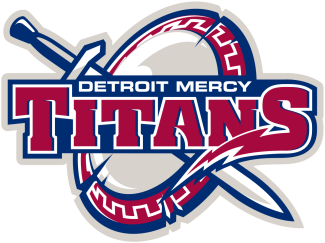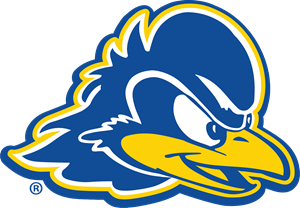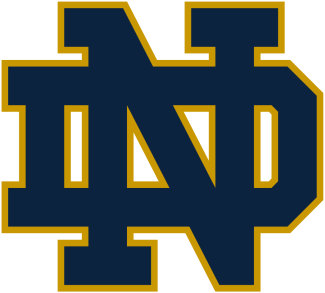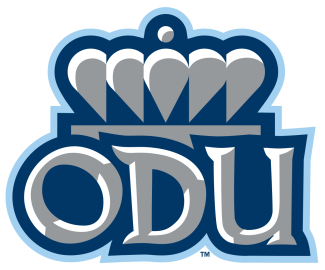WROCLAW, Poland – At various points throughout 1976 and 1994, ABC, NBC and CBS had its first go at televising the NCAA championship game. Then in 2000, ESPN stepped in, beginning to air just three lacrosse games and two Major League Lacrosse contests. In 2015, fans’ excitement heightened when the sport entered another power five conference as the inaugural Big Ten men’s lacrosse tournament was aired on the Big Ten Network.
Fast forward to the summer of 2017 and fans worldwide were able to watch the FIL Rathbones Women’s World Cup on the BBC Network, and just one week later, can view the history-making World Games lacrosse tournament on the Olympic Channel.
The International Olympic Committee launched the Internet television service in August of 2016 in conjunction with the closing of the 2016 Summer Olympics. The most recent campaign on its website, sponsored by the channel’s founding partner Bridgestone, a company that specializes in rubber products like tires, encourages athletes around the world to “chase your dream.”
“No one is born an Olympian,” Bridgestone’s home page reads. “Olympians are made, molded from more than just strength and speed, but something else – staying power.”
Airing the semifinals and championship game at The World Games, the Olympic Channel is helping lacrosse bring its Olympic dream to fruition. Now, the goal for each country that sponsors the sport is to continue pushing that dream forward.
“At the World Cup, we had the BBC exposure,” said Great Britain coach Nicky Budd. “Here, we’ve got the Olympic Channel exposure, so I feel like we’ve really got the momentum going. All we need to do now is to keep that momentum going and keep the exposure of the game across all the countries.”
That “staying power” of maintaining and growing lacrosse’s digital presence is critical in the sport’s pursuit to gaining provisional recognition by the IOC.
“The Olympic family follows the Olympic Channel, and the IOC insiders and the IOC itself will get that exposure to the sport of lacrosse,” said FIL CEO Jim Scherr, former CEO of the U.S. Olympic Committee. “The Olympic Channel has distribution not only strong in North America but around the world and it’s building its following of Olympic sport enthusiasts and sport enthusiasts across the globe, so that exposure is priceless for the sport.”
For the first time, with the Olympic Channel logo placed in the upper right hand corner of the lacrosse broadcast, fans back home are visually associating the Olympics with lacrosse. Sometimes, seeing is believing.
“As Americans, we don’t want to stay in our own little bubble. We want to get the word out there,” said U.S. coach Ricky Fried. “I think people back home are thinking, ‘Is this the Olympics?’ Even though it’s not Olympics here, I think that will garner excitement across the board for everyone that’s involved back in the states and everyone who’s involved internationally that they’ll be able to grab on to something and push it a little bit further. … Because of technology, we’re going to be able to get to a lot of people that are in the decision-making process and sell our game to them.”


























































